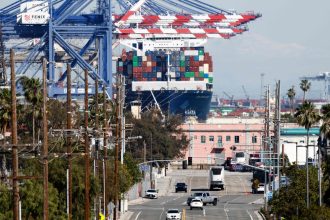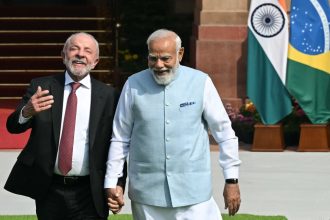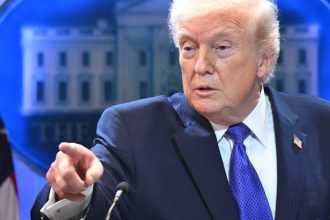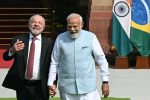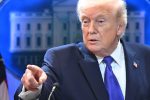TIANJIN, September 1 — In a gathering marked by global uncertainty and shifting alliances, Chinese President Xi Jinping used strong words to criticize what he called “bullying behaviour” in the current international order. Speaking at a major regional summit in the northern port city of Tianjin, Xi called for a more fair, balanced, and cooperative world.
Addressing leaders from across Asia and beyond — including Russia’s Vladimir Putin and India’s Narendra Modi — Xi emphasized the need to uphold “fairness and justice” and resist returning to a Cold War-style mentality. “We must oppose Cold War thinking, camp confrontation, and all forms of bullying behaviour,” he urged during his opening remarks.
The summit was held under the framework of the Shanghai Cooperation Organisation (SCO), a powerful regional bloc that includes China, India, Russia, Pakistan, Iran, Kazakhstan, Kyrgyzstan, Tajikistan, Uzbekistan, and Belarus. An additional 16 countries are involved as observers or dialogue partners.
In his speech, Xi didn’t mention any country by name, but his message was clear: the current global system, dominated by traditional Western powers, is under pressure — and there’s a growing call for alternatives. “The international landscape is becoming increasingly complex,” he said. “Security and development challenges for our member states are mounting.”
Despite these challenges, Xi was hopeful. Reflecting on the past achievements of the SCO, he praised the “Shanghai spirit” — a philosophy rooted in mutual trust, equality, respect for cultural diversity, and shared development.
“Looking back, we’ve weathered storms together. Looking forward, the world is changing fast — and we must stand firm, keep moving forward, and let the SCO play a greater role in global governance,” he concluded.
This summit comes at a time of mounting geopolitical tension, with the SCO emerging as a possible counterbalance to Western alliances like NATO. As the global balance shifts, so too does the conversation around what kind of world order will shape the future — and who gets to lead it.



